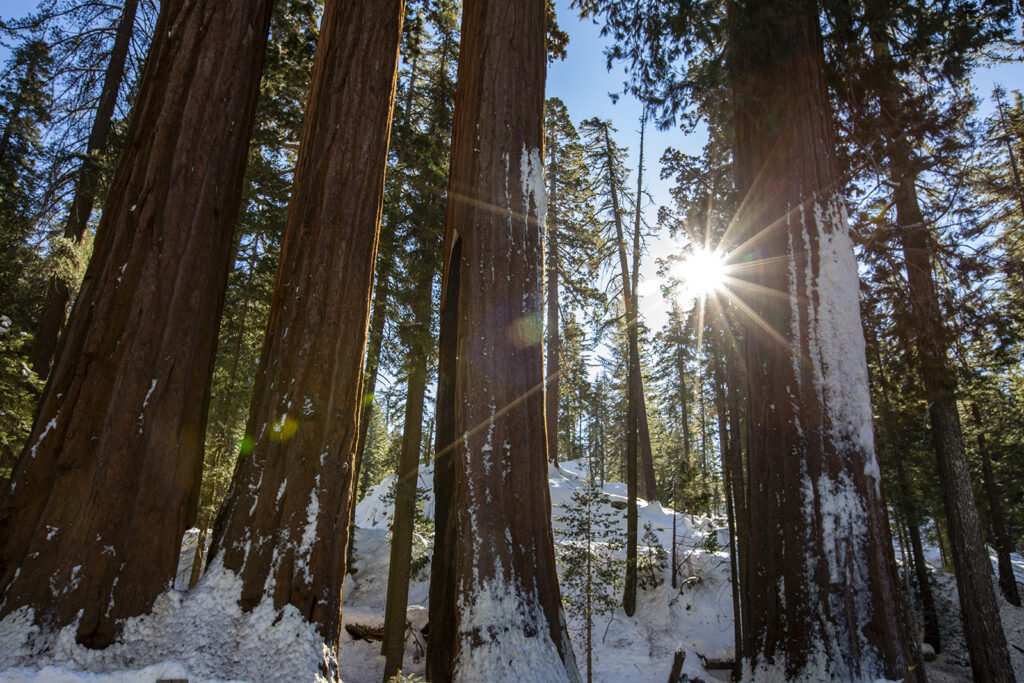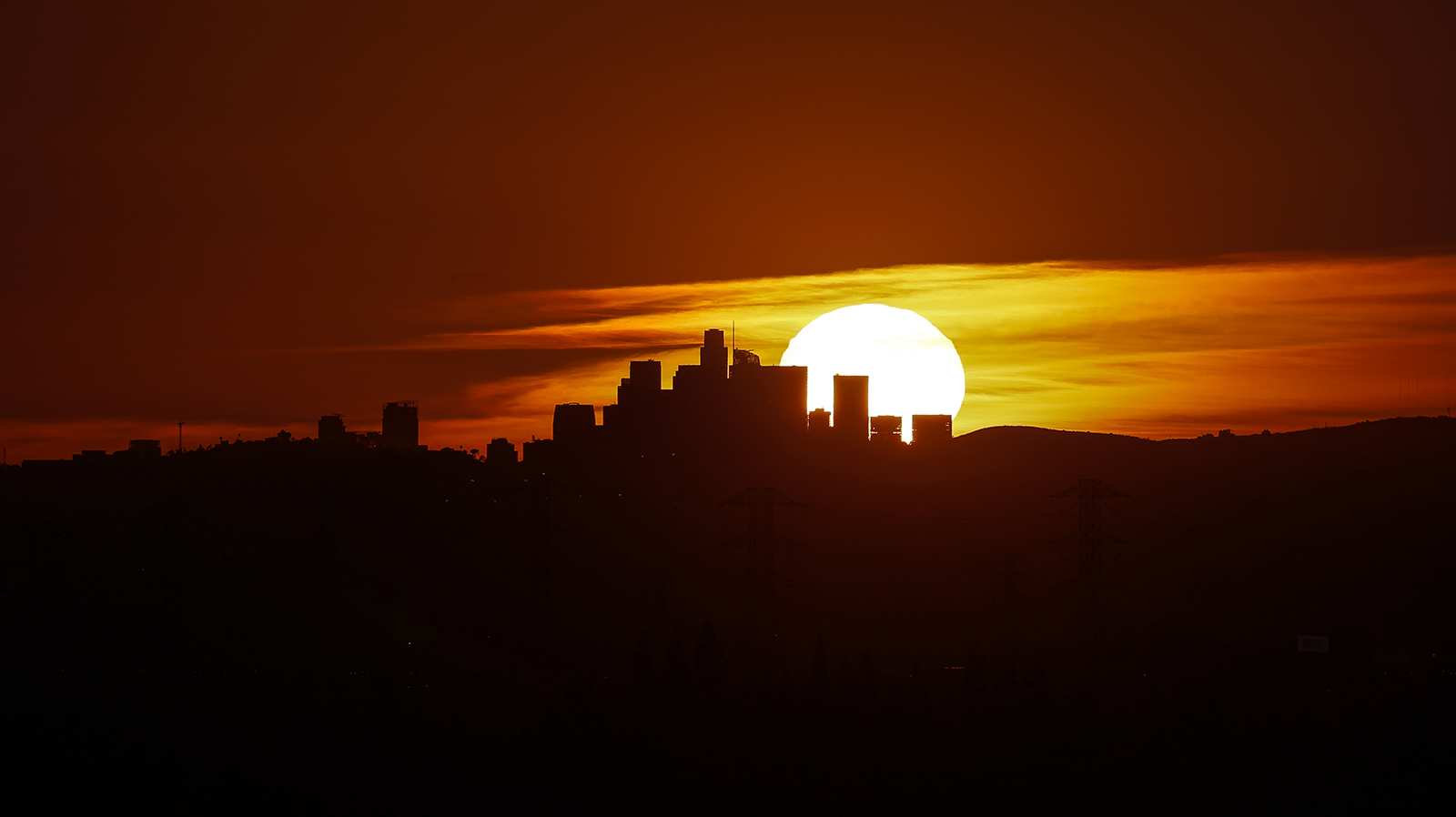California, once considered the epitome of the American Dream, seems to embody a different reality for many Republicans today. Their point of view suggests that a significant aspect of the Golden State’s identity diverges from what is traditionally seen as authentically American. A recent survey highlights this sentiment, revealing that nearly half of Republican respondents don’t believe California represents true American values. This statistic perhaps mirrors the broader conservative perspective on the state’s political stance, social policies, and economic challenges.
The Los Angeles Times survey indicates that not only do many Republicans question California’s “Americanness,” but they also think the state is headed in the wrong direction. Issues such as high housing costs, policies that differ greatly from Republican ideals, and concerns over environmental management are influencing these opinions.
Polarization isn’t just a buzzword—it’s a stark reality when it comes to opinions about California. “If you are a more conservative American, you basically do not like California,” observed Christian Bourque, the executive vice president at Leger and the survey’s supervisor. These conservative perspectives often correlate with broader national debates, intertwining Californian issues with national concerns on topics like climate change, immigration, and tax policies.
The natural beauty that defines California, from the picturesque Malibu beaches to the majestic redwoods of Sequoia National Park, hasn’t been exempt from political scrutiny either. The Leger survey found that nearly one-third of Republicans believe that California’s natural environment is inferior compared to other states, which might reflect disagreements over the state’s environmental regulations and land management.
Despite such criticism, California continues to be seen as a bastion of innovation and opportunity, particularly among the nation’s youth. This demographic remains optimistic about the state’s role as a trendsetter and its positive influence on the country. Job opportunities, a driver of the American Dream, are keeping California on the map for many young Americans looking to start their careers.
Yet, for Republicans, this perception is markedly different. Two-thirds of GOP respondents hold that California has been more of a negative influence on the nation, suggesting conservative disapproval of the state’s progressive leadership and its contribution to national policy discussions.

Natural beauty such as that of California’s Kings Canyon National Park is overshadowed for some Republicans, who see the state’s environmental quality as below par. (Francine Orr/Los Angeles Times/TNS)
Californians themselves are not blind to the state’s current challenges. The high cost of living and housing has led to a notable outflow of residents and a visible homelessness crisis. This has understandably tarnished the state’s once-sterling image as a place where families can thrive economically.
Furthermore, Californian opinions on hot-button issues like abortion evidence a clear divergence from the national median. Nearly half of Californians advocate for abortion to be legal in all cases, a proportion that substantially exceeds the national average. Such disparities further underscore why many Republicans might feel that California is deviating from core American principles.
Even institutions like the state’s universities, which fair excellently in academic rankings, face skepticism. Less than three in 10 Americans, outside the optimism of California’s youth and residents, regard these institutions as superior to those in other states.
Ultimately, political identity plays a substantial role in shaping one’s view of California. For many Republicans, core conservative values seem at odds with the state’s direction, impacting perceptions of its American identity and its role as a national leader. The consequent divide raises important questions about unity, values, and the vision for America’s future.
Republican Views on California Reflect a Deeper Divide
California—once a mixed political arena—is now viewed through a lens deeply tinted by partisanship, especially from those in the Republican party. Only 10% of Republicans believe that the Golden State has a better standard of living compared to most states, illustrating a stark contrast to the approximately 33% of Democrats who are optimistic about California’s lifestyle. As the political gap widens, more Republicans, at 81%, regard California as excessively liberal, creating an ideological battleground between traditional conservativism and California’s progressive strides.
California’s evolution has not been subtle. A bastion of conservative leadership in the past with figures like Ronald Reagan, today it stands as a progressive stronghold. Republican opinions on California’s standard of living decline sharply when considering the state’s legislative stance on climate change, abortion, and immigration. This decline is also influenced by how conservative leaders define their positions in opposition to California’s policies, further solidifying the political divide.
Take Florida Governor Ron DeSantis, for example, who has made it clear by saying, “Don’t allow Florida to become San Francisco,” as he proposed new measures to address homelessness by prohibiting camping in public. DeSantis, among other conservatives, has been vocal about criticizing California’s direction, casting a negative light on the state’s progressive measures and aligning himself with a different vision of ‘freedom.’
California’s policies and the public image presented by conservative platforms like Fox News have contributed to a widespread Republican sentiment that the state is unsafe, despite statistics showing safety improvements in cities like Los Angeles. While the state’s violent crime rates remain above the national average, they are comparable to other diverse states. Even with the actual data, the portrayal of California in conservative media seems to heavily influence public perception.
The intense policy and cultural debates reached a televised peak when Governor Newsom faced off with DeSantis on Fox News. Americans remained split on which state aligns more with their values, with results nearly even between California and Florida, and then California and Texas, emphasizing the profound split in public opinion.
Meanwhile, Governor Newsom has been steadfast in his belief that California epitomizes freedom, with strong protections for abortion rights, healthcare, and the environment. Californians themselves appear to support this stance more than the general national sentiment, reflecting a sense of state pride that resonates with the Democratic base.
As polarizing opinions continue to shape the narrative, it’s clear that perceptions about California are emblematic of the wider ideological rift in national politics. The Leger poll conducted online underscores these contrasting viewpoints, drawing from a balanced sample of U.S. residents to present a snapshot of this current political landscape.

